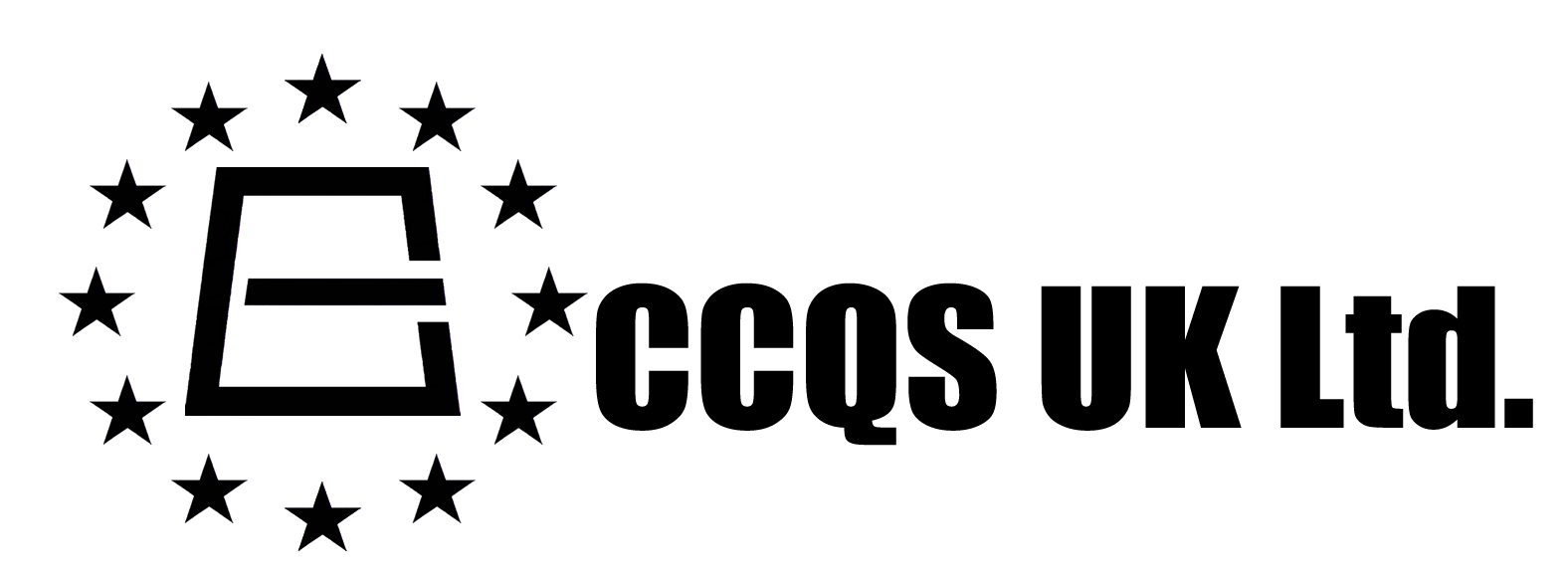For Producers
A large show can bring together many different suppliers of services and equipment. CCQS can provide a safety overview of the complete show to ensure that responsibilities are clearly defined and addressed. In the event of disputes about what is acceptable, an independent and knowledgeable opinion can be very useful to come up with an acceptable solution. For long running shows or tours, periodic thorough inspections are a good idea to ensure that there has not been any degradation in equipment.
Like any other workplace, theatres and performance venues are subject to workplace regulations, performers can be a special case and higher levels of risk can be mitigated by the performer’s skill but theatre crew and other staff are in a working environment and are subject to the same requirements as those working outside the theatre. It must be recognised that performance venues present very different working conditions to industrial or commercial premises; although the environment is generally relatively benign, there are unusual challenges such as working in the dark, in cramped conditions and at height.
Risk assessment is a fundamental part of a modern approach to Health and Safety. Done properly, a risk assessment is a useful tool which helps you to identify hazards and risks and allows you to prioritise improvements to give the greatest benefit for cost.
CCQS can carry out documented risk assessments of theatre backstage areas, new fixed installations or arrangements for particular shows or sets.
Read more about risk assessment here
An independent general review of the backstage area of a theatre can often highlight access or maintenance issues which are not noticed by regular staff “because it has already been like that”.
CCQS can inspect the security and condition of lighting equipment both mechanically and electrically.
CCQS can carry out inspections of electrical equipment. We do not make inspections of fixed installations in buildings or PAT inspections of portable equipment, but we do inspect more specialised equipment, and especially automation and winch controls which are outside the competence of normal electricians.
Theatres are full of lifting equipment such as flybars and winches which are subject to inspection and use under LOLER. Most theatres carry out their own LOLER inspections. CCQS can provide independent inspections if required and we can also review current inspection methods and records to ensure that they actually meet the requirements of the regulations.
We can also assist in providing safety advice on special lifting equipment or situations required for specific shows. Modern automated shows including performer lifting or flying require special attention.
Read more about LOLER here
The majority of PPE used in performance venues is concerned with fall prevention. Helmets to protect riggers against dropped objects may be important and some other PPE such as dust masks and goggles may be used in scenery departments for example. Roped access, although not necessarily the best and safest option for work at height, is very versatile and is becoming increasingly popular, it fundamentally relies on use of PPE to support riggers from single ropes. Use of PPE in the UK is governed by Personal Protective Equipment at Work Regulations 1992. The regulations require that PPE is fit for purpose and used properly by well trained staff and is regularly inspected and maintained. CCQS can help with this by providing periodic, accredited, independent inspection of PPE, assessment of its suitability or advice on the adequacy of internal measures for compliance.
Authoritative opinions from an accredited expert can be helpful in providing a co-ordinated safety overview of a project. Authoritative opinions can also be useful in the event of contractual disputes or disagreements.
Within performances, the majority of lifting is done by stage equipment, but there can be significant amounts of both manual and mechanical lifting offstage to move scenery and props. CCQS can advise on safe manual handling, mechanical lifting methods and make risk assessments of handling processes.
Many theatres have been around for a long time and contain old equipment. CCQS can advise on the condition of this equipment and whether it is still considered adequately safe. When equipment is being replaced or renovated CCQS can be involved at the design stage to ensure that adequate safety measures are incorporated.
Although there are a variety of standards and codes of practice for theatre and performance venue equipment, there is more national variation than in some other fields such as manufacturing.
Expert advice can help you ensure that your equipment meets all relevant standards and requirements, avoiding last minute problems or challenges.
For more about standards and codes of practice click here.
